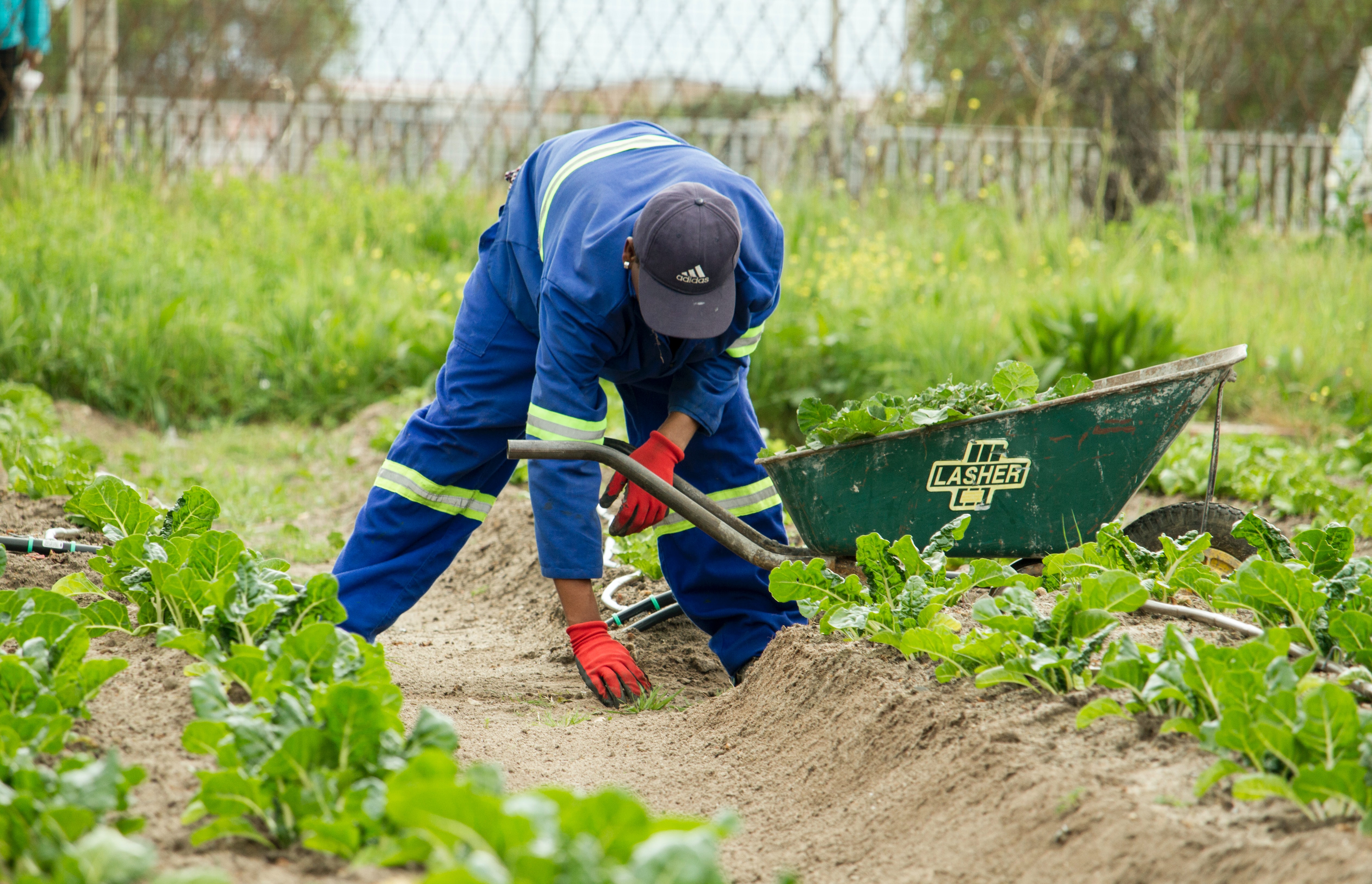- This topic is empty.
- AuthorPosts
- January 21, 2025 at 11:10 pm #542874

As the world’s population continues to grow, the demand for food production escalates, and urban areas face the challenge of meeting this demand.
Urban farming, also known as urban agriculture, has emerged as a solution to this problem by cultivating crops and raising animals in densely populated cities.
While urban farming offers numerous benefits, it also presents unique challenges. This article explores the challenges and benefits of urban farming, highlighting its potential to transform cities into sustainable and resilient food systems.
Challenges of Urban Farming
1. Limited space: One of the significant challenges in urban farming is the scarcity of land. Urban areas are densely populated, leaving little room for traditional farming methods.
Urban farmers often have to be creative in finding suitable spaces for cultivation, such as rooftops, balconies, or abandoned lots. Maximizing vertical and rooftop spaces through vertical farming and hydroponics becomes necessary to optimize productivity.
2. Soil quality and contamination: Urban areas often suffer from contaminated soil due to industrial activities, pollution, and the use of chemicals.
This poses a risk to crops and the health of consumers. Urban farmers need to invest in soil testing and remediation techniques to ensure the safety of their produce.
3. Limited access to water: Urban environments may have limited water resources, and securing an adequate supply for irrigation can be challenging. Urban farmers must employ water-efficient techniques like drip irrigation or rainwater harvesting to optimize water usage.
4. Financial constraints: Establishing and maintaining urban farms can be financially demanding. The cost of land, infrastructure, equipment, and seeds can be prohibitive for aspiring urban farmers, especially in economically disadvantaged areas. Access to affordable capital and financial support becomes crucial to overcome this challenge.
5. Lack of awareness and education: Many urban dwellers are disconnected from the food production process. Raising awareness about urban farming and its benefits is essential to garner support and participation from the community. Educating urban dwellers about sustainable practices and the importance of locally grown food can promote a culture of urban farming.
Benefits of Urban Farming
1. Food security and accessibility: Urban farming can enhance food security by reducing the reliance on distant food sources and increasing access to fresh, nutritious produce. By cultivating food within cities, urban farmers can provide immediate access to fruits, vegetables, and herbs, reducing transportation costs and the carbon footprint associated with long-distance food distribution.
2. Environmental sustainability: Urban farming promotes sustainable agriculture practices, such as organic farming, composting, and the use of renewable energy sources.
It reduces the need for chemical pesticides and fertilizers, minimizes water usage through efficient irrigation systems, and contributes to carbon sequestration. Additionally, urban farms can serve as green spaces, mitigating urban heat islands and improving air quality.
3. Community engagement and social cohesion: Urban farms can serve as community gathering spaces, fostering a sense of belonging and strengthening social ties.
They provide opportunities for education, skill-building, and social interaction. Community gardens and farmers’ markets encourage collaboration and shared responsibilities, empowering residents to actively participate in local food production.
4. Economic opportunities: Urban farming has the potential to create jobs and stimulate local economies. As urban farms expand, they generate employment opportunities in various sectors, including farming, distribution, marketing, and value-added processing.
This can contribute to the revitalization of economically distressed neighborhoods and improve the livelihoods of urban dwellers.
In summary, urban farming presents a promising solution to the challenges faced by cities in ensuring food security, environmental sustainability, and community well-being.
While the challenges of limited space, soil contamination, water scarcity, financial constraints, and lack of awareness persist, the benefits of urban farming outweigh these obstacles.
- AuthorPosts
- You must be logged in to reply to this topic.

